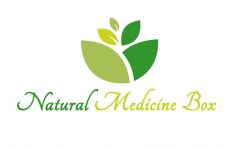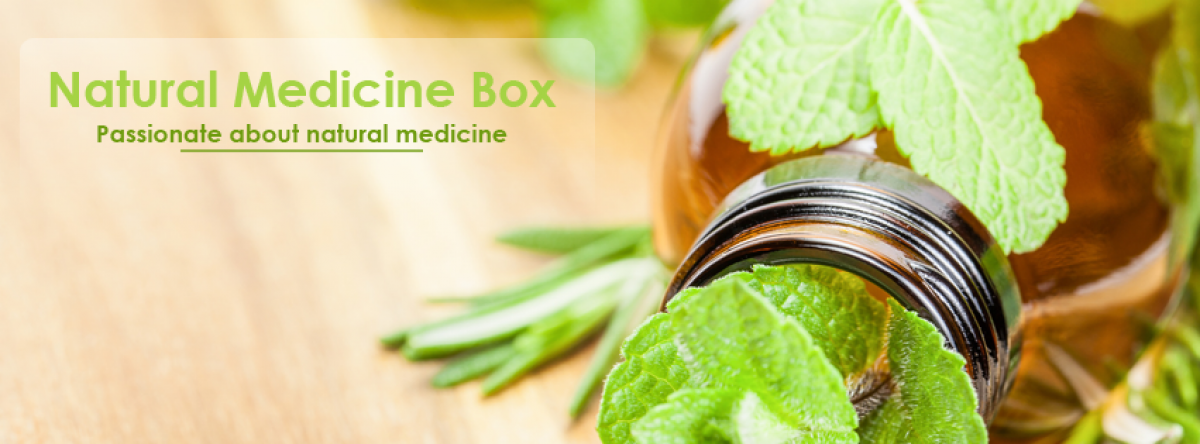
2. Brussels Sprouts
Like kale, Brussels sprouts become sweeter in winter, so if you think you don’t like them, try them again now. One cup of cooked Brussels sprouts contains just 56 calories but is packed with more than 240 percent of the recommended daily amount (RDA) for vitamin K1, and nearly 130 percent of the RDA for vitamin C.
Plus, Brussels sprouts are a good source of fiber, manganese, potassium, choline, and B vitamins. They even contain protein. But not only do Brussels sprouts contain well-known antioxidants like vitamin C…
They also contain others that are much less known – but equally as important, like kaempferol, isorhamnetin, caffeic, and ferulic acids, and the relatively rare sulfur-containing compound called D3T (3H-1,2-dithiole-3-thione).
This means that when you eat Brussels sprouts, you’re helping your body to ward off chronic oxidative stress, which is a risk factor for many types of cancer and other chronic diseases.
You can steam Brussels sprouts and toss them with olive oil, Parmesan cheese, or butter. You can roast them and quarter them, then toss them like a salad with onions, feta cheese, and balsamic vinegar.
If your Brussels sprouts become overly “smelly,” mushy, or turn a muted green, they’re probably overcooked. Ideally, they should be bright green with a slightly crisp texture and pleasant, nutty/sweet flavor, even after they’re cooked.

